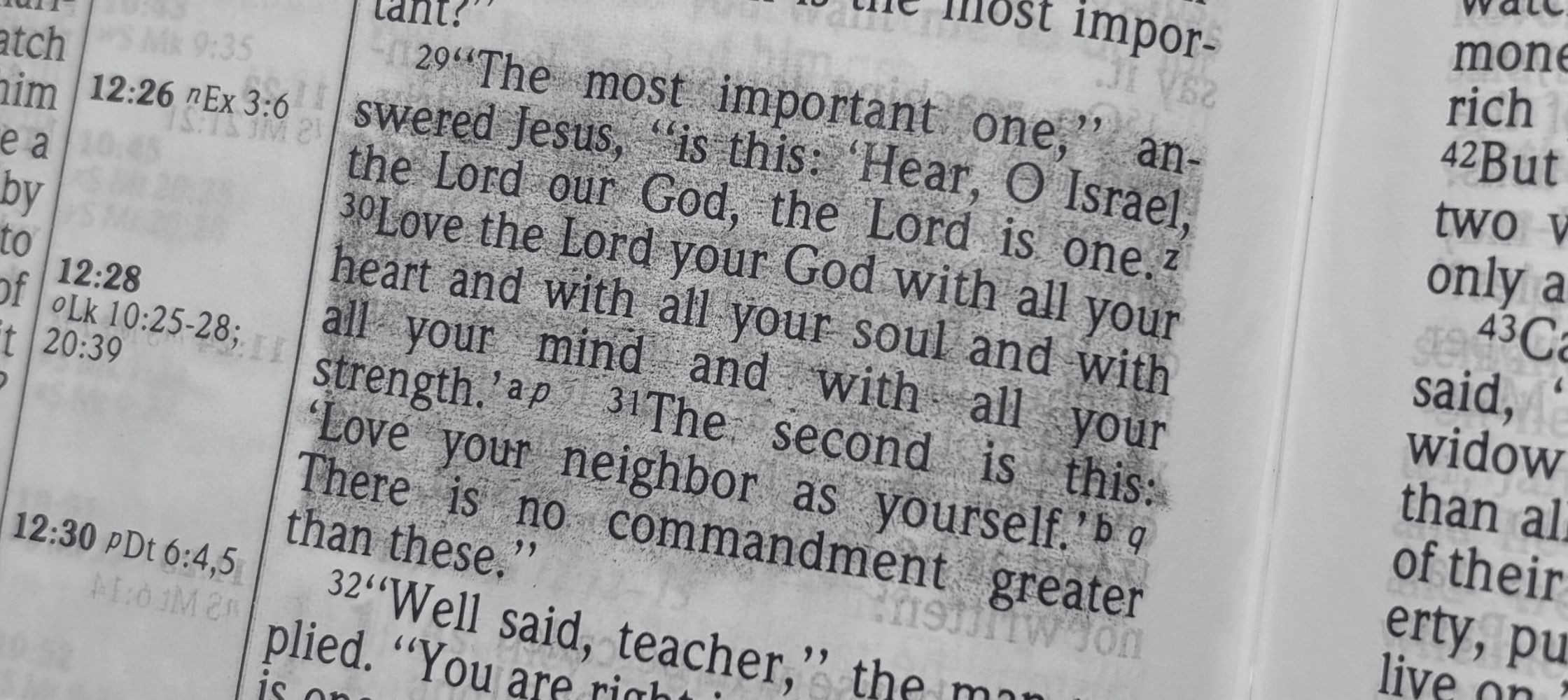Thank you! Your submission has been received!
Oops! Something went wrong while submitting the form.

By: Robert E. Zink
January 3, 2022
There is a familiar routine to this time of year, a routine in which the cessation of one year inaugurates the commencement of another. We expect this to come to pass every 365 days, but once in a while, it might be delayed by a day. This pattern is so regular that people plan their lives around it with many using it as an opportunity to examine their goals from this past year while establishing goals for the upcoming year.
Planning is a wise endeavor (when our plans are not prioritized over God's will). However, this habitual activity also shows us something about people: most people are oriented towards and motivated by tasks. This may prove advantageous in many circumstances, and yet, like many things in life guided by people, it becomes tainted by sin.
As the time comes to form new goals for the new year, it's not uncommon for Christians to commit themselves more to the Great Commission in the upcoming year. I would urge caution in setting goals about number of converts as some are in the habit of doing. To do this places a greater emphasis on the work of individuals while neglecting God's work through the Holy Spirit. However, if setting some action plans and targets for the upcoming year in other ways is helpful to motivating obedience to God's call, it becomes a worthwhile activity. If not careful though, focusing on responsibilities may cause people to neglect relationships, a crucial aspect to God's commission for evangelism and discipleship.
As you, your family, or your church commence this year with such ambitions, allow me to urge one reminder as a caution. Evangelism and discipleship are more than tasks. They are disciplines of the Christian life purposed by God in order to orient people towards God through his Son, Jesus Christ, by the work of His Spirit. The outcome is not salvation only, but it initiates a process to cultivate maturity and godliness. Unlike a task with ordered steps to achieve a desired outcome, this work is sensitive to the volition of people and subject to the direction of God. Acknowledging this truth, perhaps it would be better to establish attitudes rather than ambitions. Practically, this means that we must do the following:
By allowing God to direct us toward Him, we allow Him to also direct us toward people. The Great Commission is not merely about a task, but about God and His plans for people. If goals provide adequate motivation, then do not deter from making them. However, do not allow them to transform the Great Commission into a mere task when it embodies the volition of God. In prayer, anticipate God's work in the upcoming year.
